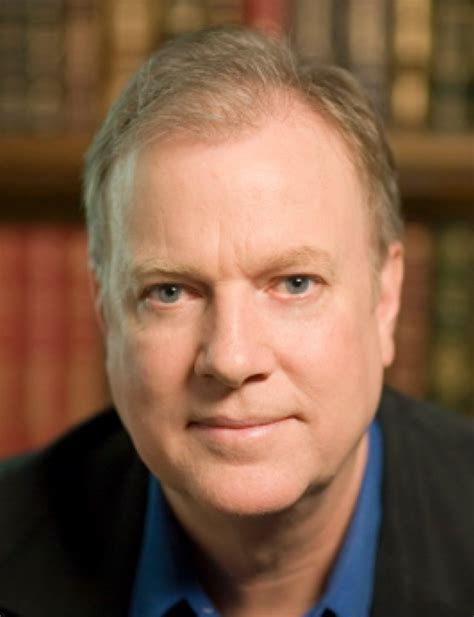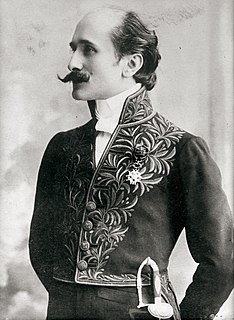A Quote by James Scott Bell
The semi-colon is a burp, a hiccup. It's a drunk staggering out of the saloon at 2 a.m., grabbing your lapels on the way and asking you to listen to one more story.
Related Quotes
Although the only way that I'm well known at Illinois State is that I am the "grammar Nazi." And so any student whose deployment of a semi-colon is not absolutely Mozart-esque knows that they're going to get a C in my class, and so my classes tend to have like four students in them. It's really a lot of fun.
If I had to choose between putting a saloon or a liberal church on a corner, I'd choose the saloon every time. People who drink up the pay check in the saloon are less likely to become Pharisees, thinking that they don't need the Great Physician, than those who weekly swill the soporific doctrine of man's goodness.
On a more technical level, a story takes a lot of words. And to generate words and phrases and images and so on, that will compel the reader to continue reading - that stand a chance of really grabbing a reader - the writer has to work out of a place of, let's say, familiarity and affection. The matrix of the story has to be made out of stuff the writer really knows about and likes. The writer can't be stretching and (purely) inventing all the time. Well, I can't, anyway.
I will use a form of punctuation of my own, which will be something like this - when one is beginning he takes a long breath, for this use a capital. When he stops for breath, a comma, and when it is all gone, a period. Don't know the use of a semi-colon, but expect it is when one thinks he is out of breath and isn't.



































